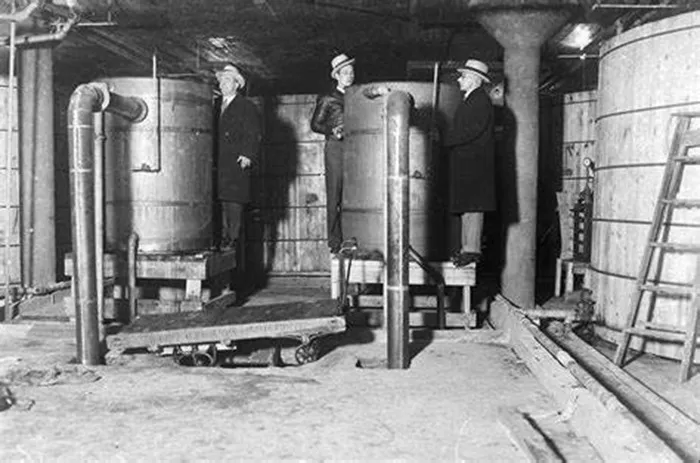January 23 has witnessed several significant events in Australian history, spanning from colonial times to the modern era. This article delves into these events, providing detailed accounts and contextual backgrounds to understand their importance in shaping Australia.
What Happened on January 23 in Australian History?
1. Prohibition of Distilling Spirits (1796)
On January 23, 1796, the Governor of New South Wales, John Hunter, issued a proclamation that prohibited the distilling of spirits. This event marked a significant moment in the early colonial era of Australia.
The early years of the colony were marked by a struggle for survival, and alcohol played a complex role in the lives of convicts and settlers. The consumption of spirits was rampant, leading to social disorder and health issues.
The ban aimed to curb excessive drinking and its associated problems, which included violence and public disorder. It reflected the colonial administration’s attempts to impose order and promote a more disciplined society.
This prohibition set a precedent for future regulations regarding alcohol production and consumption in Australia.
2. Victory at Papua (1943)
A pivotal event occurred on January 23, 1943, during World War II when Australian and American forces achieved a significant victory against Japanese troops in Papua. This battle was part of the broader campaign in the Pacific Theatre.
The victory at Papua was crucial as it marked a turning point in the Pacific War. It was one of the first instances where Allied forces successfully halted Japanese advances after a series of defeats.
This battle involved intense combat and showcased the bravery and strategic capabilities of Australian soldiers. The collaboration between Australian and American forces underscored the importance of alliances in wartime.
The outcome not only boosted morale among Allied troops but also signified the beginning of a series of successful operations that would eventually lead to the defeat of Japan.
3. First Flight of DHA-3 Drover (1948)
On January 23, 1948, De Havilland Australia conducted the first flight of its three-engined DHA-3 Drover transport aircraft at Bankstown Airport. This event marked an important milestone in Australian aviation history.
The DHA-3 Drover was designed for regional air transport and played a vital role in connecting remote areas of Australia with major cities.
Its introduction represented advancements in aviation technology post-World War II, contributing to the growth of commercial aviation in Australia.
The aircraft became instrumental for various airlines operating in regional Australia, enhancing accessibility for remote communities.
4. Tragic Deaths of Graham Staines and His Sons (1999)
A tragic incident occurred on January 23, 1999, when Australian missionary Graham Staines and his two sons were burned alive by radical Hindus while they were sleeping in their car in Eastern India. This shocking event drew international condemnation.
Graham Staines was known for his humanitarian work among leprosy patients in India. His murder highlighted the tensions between different religious communities in India.
The incident sparked outrage not only in Australia but also globally, raising awareness about religious intolerance and violence against minorities.
In response to this tragedy, there were calls for greater protection for missionaries and minority communities worldwide. It also prompted discussions about religious freedom and human rights.
Conclusion
January 23 serves as a reminder of the diverse historical narratives that have shaped Australia. From early colonial regulations to significant military victories and tragic events involving humanitarian workers, each occurrence reflects broader themes within Australian history—struggles for order, collaboration during conflict, advancements in technology, and challenges related to social justice. Understanding these events helps us appreciate Australia’s complex past and its ongoing journey toward reconciliation and progress.
Related Topics:

